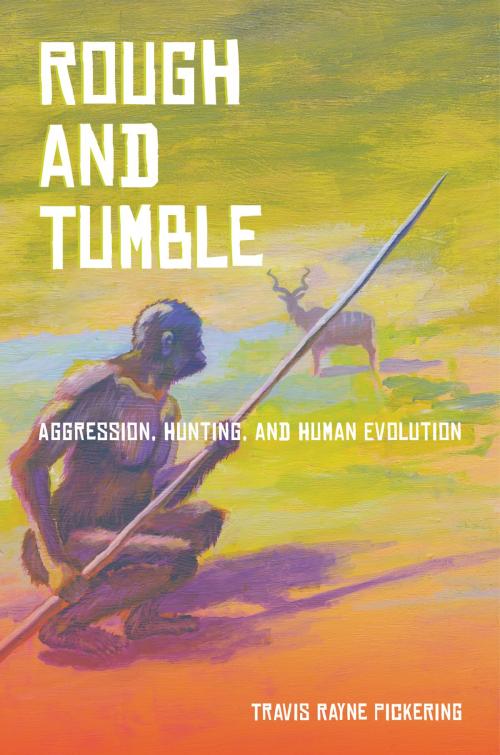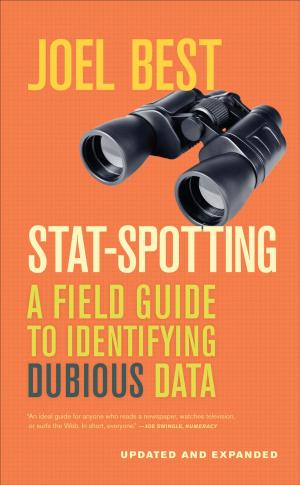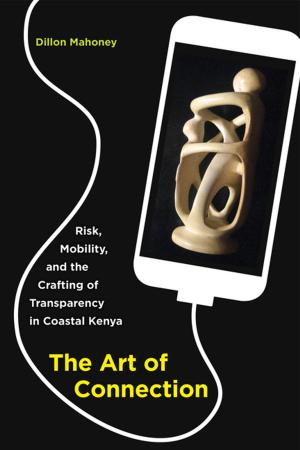Rough and Tumble
Aggression, Hunting, and Human Evolution
Nonfiction, Social & Cultural Studies, Social Science, Archaeology, Science & Nature, Science, Biological Sciences, Evolution, Anthropology| Author: | Travis Pickering | ISBN: | 9780520955127 |
| Publisher: | University of California Press | Publication: | April 10, 2013 |
| Imprint: | University of California Press | Language: | English |
| Author: | Travis Pickering |
| ISBN: | 9780520955127 |
| Publisher: | University of California Press |
| Publication: | April 10, 2013 |
| Imprint: | University of California Press |
| Language: | English |
Travis Rayne Pickering argues that the advent of ambush hunting approximately two million years ago marked a milestone in human evolution, one that established the social dynamic that allowed our ancestors to expand their range and diet. He challenges the traditional link between aggression and human predation, however, claiming that while aggressive attack is a perfectly efficient way for our chimpanzee cousins to kill prey, it was a hopeless tactic for early human hunters, who—in comparison to their large, potentially dangerous prey—were small, weak, and slow-footed. Technology that evolved from wooden spears to stone-tipped spears and ultimately to the bow and arrow increased the distance between predator and prey and facilitated an emotional detachment that allowed hunters to stalk and kill large game. Based on studies of humans and of other primates, as well as on fossil and archaeological evidence, Rough and Tumble offers a new perspective on human evolution by decoupling ideas of aggression and predation to build a more realistic understanding of what it is to be human.
Travis Rayne Pickering argues that the advent of ambush hunting approximately two million years ago marked a milestone in human evolution, one that established the social dynamic that allowed our ancestors to expand their range and diet. He challenges the traditional link between aggression and human predation, however, claiming that while aggressive attack is a perfectly efficient way for our chimpanzee cousins to kill prey, it was a hopeless tactic for early human hunters, who—in comparison to their large, potentially dangerous prey—were small, weak, and slow-footed. Technology that evolved from wooden spears to stone-tipped spears and ultimately to the bow and arrow increased the distance between predator and prey and facilitated an emotional detachment that allowed hunters to stalk and kill large game. Based on studies of humans and of other primates, as well as on fossil and archaeological evidence, Rough and Tumble offers a new perspective on human evolution by decoupling ideas of aggression and predation to build a more realistic understanding of what it is to be human.















